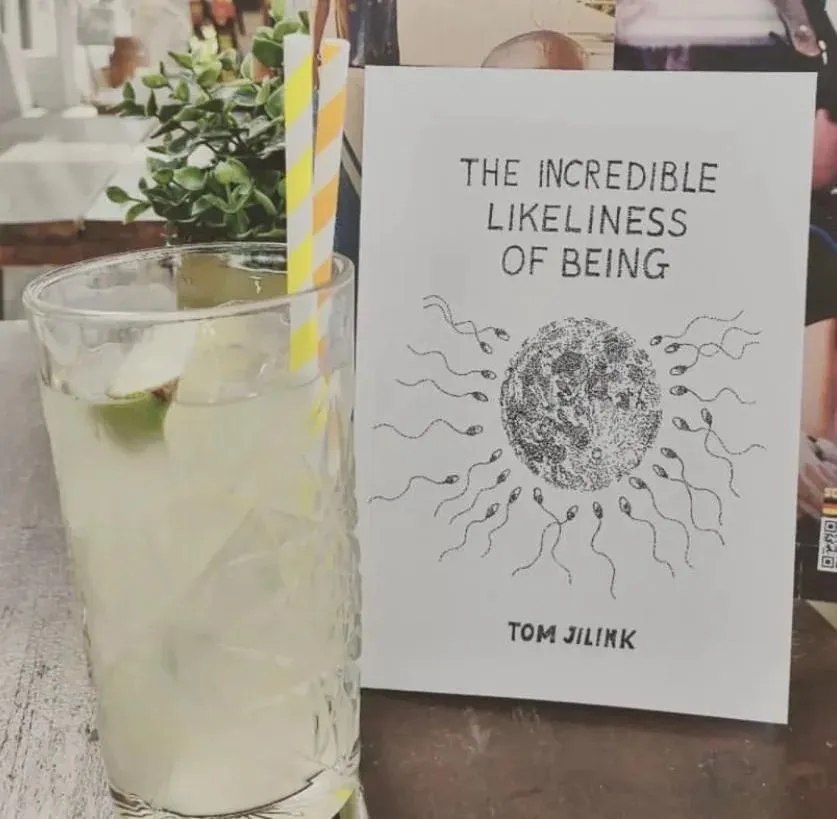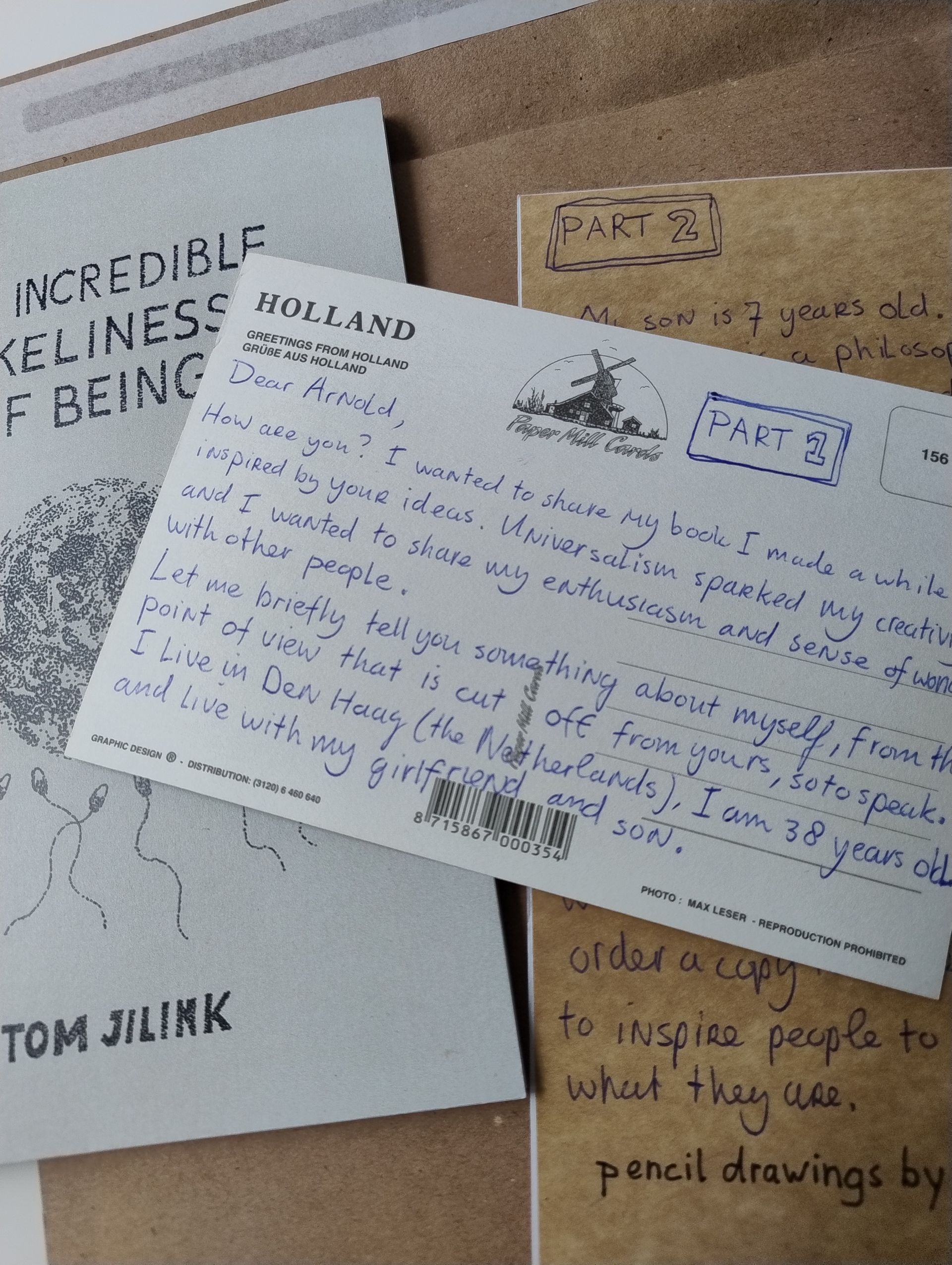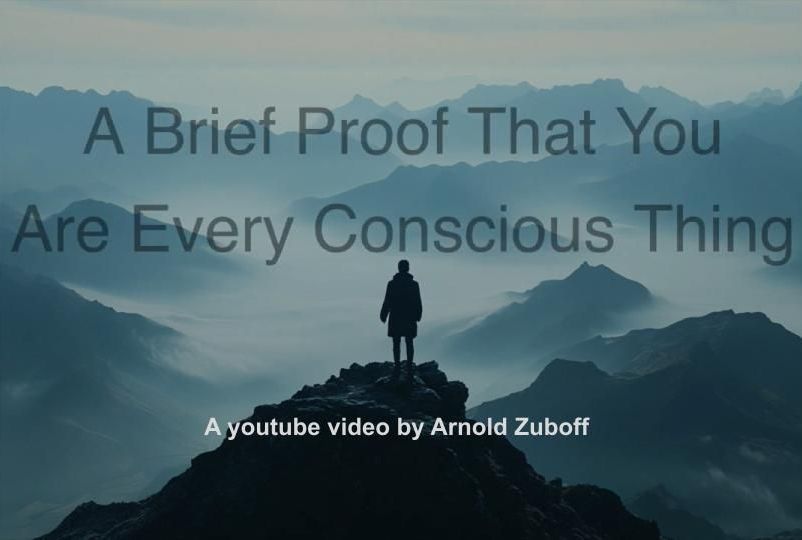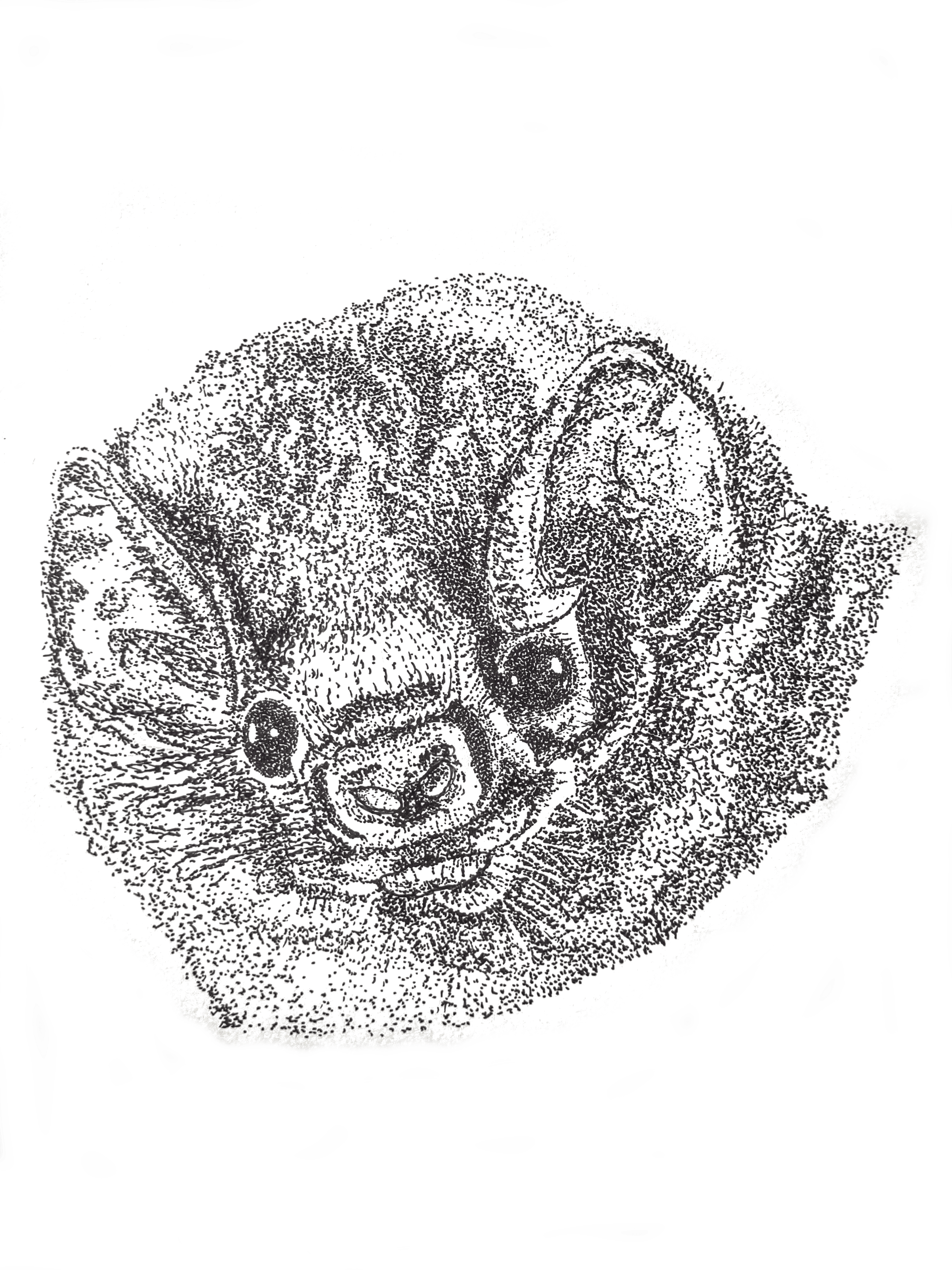Printed book: The Incredible Likeliness of Being
A concept for an exhibition about personal identity

'The incredible likeliness of being' is the title of my book/exhibition-concept about personal identity. I recently finished it.
In this book I explore the philosophy of personal identity and create a structure for the development of an exhibition. Two ideas are contrasted: closed individualism and open individualism. Those ideas were termed and described by philosopher Daniel Kolak (2005). Additionally, I have written about some ideas of my own
Please send me a message if you are interested in my book/exhibition project or if you would like to collaborate.
In Dutch:
'The incredible likeliness of being' is de titel van mijn boek over persoonlijke identiteit. Ik heb het net af!
Het boek gaat over de filosofie van persoonlijke identiteit en is tegelijkertijd een tentoonstellingsconcept. Ik vergelijk twee ideeën over persoonlijke identiteit met elkaar: closed individualism en open individualism. Deze termen zijn geïntroduceerd door de filosoof Daniel Kolak (2005). Daarnaast komen een aantal van mijn eigen ideeën aan bod.
Stuur me een berichtje als je interesse hebt in het boek/tentoonstellingsproject of als je wil bijdragen.


